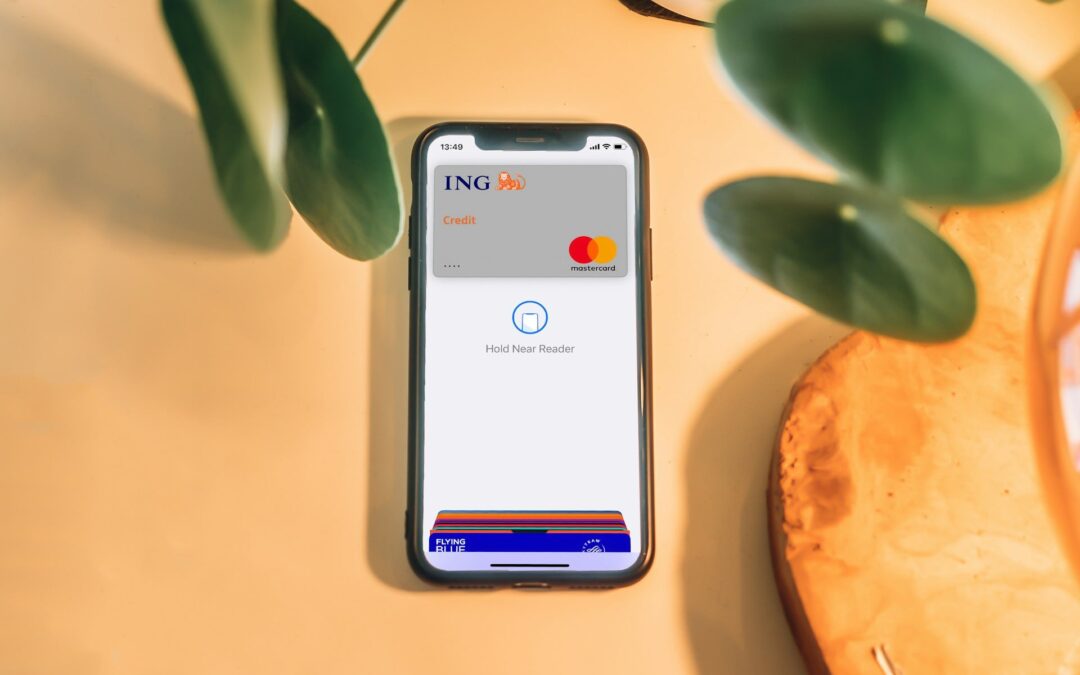In the modern age, when convenience often comes with risk, virtual credit card scams are becoming increasingly common. Fraudsters are developing new ways of taking advantage of unaware people, risking their financial security. This blog post highlights virtual credit card scams and provides helpful suggestions for shielding yourself from these risks.
1. VCC Generator Scams:
Be aware of false apps and websites tempting you with free Virtual Credit Cards (VCCs). These sites commonly ask for sensitive information, such as credit card numbers and passwords, which can result in identity theft and financial losses. Banks and other financial institutions are the ones who issue legitimate VCCs, not suspicious third-party generators. Avoid platforms that charge upfront fees or provide suspicious download links.
2. Phishing Scams:
Phishing scams pose themselves as VCC activation, verification, or upgrade offers through false emails or text messages. Always check the sender’s legitimacy before clicking links or sharing personal information. Legitimate VCC issuers would never require such information via email or text message.
3. Online Shopping Scams:
False online shopping websites deceive users by offering unachievable deals or refusing to take proper safety precautions. Before using your VCC online, do extensive research on the website, look for user reviews, and make sure it employs secure payment gateways.
4. Malware and Spyware:
Malicious apps installed on devices may steal VCC information necessary for online transactions, leading to illegal charges or stolen money. Keep excellent and trustworthy antivirus and anti-malware protection on your devices; trustworthy because you are giving access to all your files to the antivirus software, and avoid installing software from unknown sites.
5. VCC Theft and Misuse:
Lost or stolen VCC details might lead to unlawful online or physical purchases. Treat your VCC like a regular credit card, keep its details secure, and instantly report any suspicious activity to your issuer.
Tips to Protect Yourself:
- Use VCCs only from reputable institutions like banks or authorized financial service providers.
- Never share your VCC details unless you are certain of the recipient’s legitimacy.
- Exercise caution with unsolicited offers or deals related to VCCs.
- Regularly verify your VCC transactions and instantly report any unusual activity.
- Handle your VCC with the same level of protection that would come with an actual credit card.
By staying watchful and using these safety measures, you may move through the online world more confidently, reducing your risk of falling victim to virtual credit card scams.

